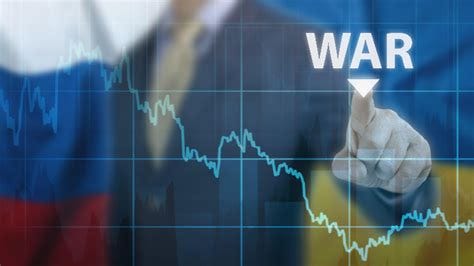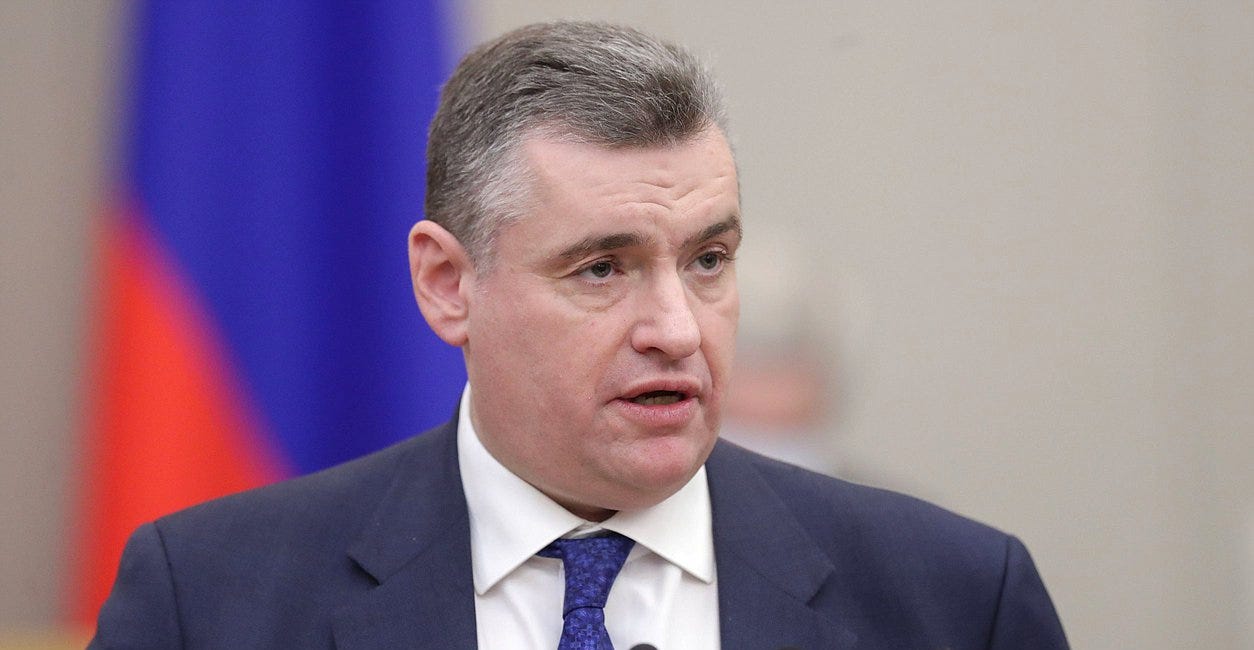Economic wars, the end of the petrodollar and the rise of the BRICS Bridge
Yes, the petrodollar era has finished, for real!
Yesterday, 12th June 2024, new US sanctions affected also the Moscow stock exchange, which is now prevented from making transactions in Euros and Dollars, as reported by the Western mainstream media (MSM), e.g. Reuters.
The exchange rate used to be set according to the transactions that took place on the stock exchange. Now, however, with the blocking of Euro and Dollar trades on the Moscow stock exchange, the rate is set on the basis of the average of the rates applied by Russian banking institutions, which now have some leeway and the opportunity to take advantage of it. Very smart the Americans!
As if that was not enough, today (13th June 2024) the so-called G7 or “Group of Seven” has agreed to provide Ukraine with $50 billion from frozen Russian assets by the end of 2024, as reported by the Western MSM, e.g. The Independent.
This decision is also suicidal and will cause enormous economic and financial damage because now those who keep capital in Europe will seriously think about taking it elsewhere. Moreover, a fundamental and vital rule of international law is swept away: namely, the Outlaw US Empire and its vassal states arrogate to themselves the right to seize, block and re-use at will what is not theirs.
In fact, as reported by The Guardian, Maria Zakharova, the spokeswoman of the Russian Foreign Ministry, warned that Russia would inflict a “painful” response to the EU if it uses Russian frozen assets to sustain Ukraine.

Almost 2.5 years after the start of the war in Ukraine and the subsequent sanctions against Russia from the Outlaw US Empire and its vassals, they still think that further sanctions will bring Russia to its knee, despite what the International Monetary Fund (IMF) reported just a few months ago - see also one of my previous articles in the link further down or alternatively this short summary from a Pepe Escobar’s post on his Telegram channel (all emphasis mine):
"Russia will run out of money sooner." 😂
IMF: GDP Growth Russia 3.2% | Germany 0.2%
World Bank has noted since the war started that Russia passed both Germany and Japan in economic size
Russia's budget deficit in 2023 was a mere 1.9% and forecasted to be only 1% in 2024.
Meanwhile the US deficit was 6.3%, Germany 2.1%, UK 4.2 %, France 5.5%, Italy 7.4%
Russia's National Wealth Fund (NWF) is growing again in 2024 after being reduced by $70B from its peak but again remember much of these are paper losses owing to valuations in Russia's private industries being lower.
Russia's income tax rate of a flat 13% has been adjusted to a progressive tax rate that will range from 13% to 22%. Increasing the tax burden for the rich but still being very low compared to much of the world. The increased tax revenue ensures fiscal stability in case of a fall in commodity prices.
So what are the Russian problems they cite?. So they argue that since Gazprom lost $7.1B in 2023 that the Russian economy will collapse, ignoring that this is a trivial number in a massive economy or that Gazprom paid over $8B in taxes to the Russian government. Gazprom has about $18B cash in the bank and sells natural gas on the domestic markets for a pittance. Raising gas prices slightly would return Gazprom to profitability and consumers would still pay some of the lowest prices in the world.
Russia's fiscal position is vastly superior to any country in the West, having little debt and running small deficits.
The end of the hegemony of the US dollar draws near
A couple of days ago EU countries adopted a plan to use profits from frozen Russian assets for Ukraine defence, as reported by Reuters. Russian politician Leonid Slutsky (pictured above), leader of the Liberal Democratic Party of Russia, responded to the EU with the following statement (emphasis original):
One of the things that most of the Western MSM does not report is that the 50-year “petrodollar” agreement between the Outlaw US Empire and Saudi Arabia, which obliged the latter to sell oil exclusively in US dollars, expired just a few days ago, on 9th June 2024, and will not be renewed, as reported for instance here, from which I quote the initial excerpts:
The 50-year-old petrodollar agreement between the U.S. and Saudi Arabia was just allowed to expire. The term “petrodollar” refers to the U.S. dollar’s role as the currency used for crude oil transactions on the world market. This arrangement has its roots in the 1970s when the United States and Saudi Arabia struck a deal shortly after the U.S. went off the gold standard that would go on to have far-reaching consequences for the global economy. In the history of global finance, few agreements have wielded as many benefits as the petrodollar pact did for the U.S. economy.
A Boon to U.S. Bonds
The petrodollar agreement, formalized after the 1973 oil crisis, stipulated that Saudi Arabia would price its oil exports exclusively in U.S. dollars and invest its surplus oil revenues in U.S. Treasury bonds. In return, the U.S. provided military support and protection to the kingdom. This arrangement was a win-win situation for both; the U.S. gained a stable source of oil and a captive market for its debt, while Saudi Arabia secured its economic and overall security.
Status as the Reserve Currency
Oil being denominated in U.S. dollars alone has significance beyond the categories of oil and finance. By mandating that oil be sold in U.S. dollars (DXY), the agreement elevated the dollar’s status as the world’s reserve currency. This, in turn, has profoundly impacted the U.S. economy. The global demand for dollars to purchase oil has helped to keep the currency strong, making imports relatively cheap for American consumers. Additionally, the influx of foreign capital into U.S. Treasury bonds has supported low interest rates and a robust bond market.
The article tries to end with a positive note, looking at “alternative energy sources, such as renewables and natural gas”, “the emergence of new oil-producing nations, such as Brazil and Canada”, though the former is part of BRICS and the latter has not as much as oil as Saudi Arabia. However, in the end the author correctly notes that
The petrodollar’s expiration could weaken the U.S. dollar and, by extension, the U.S. financial markets. If oil were to be priced in a currency other than the dollar, it could lead to a decline in global demand for the greenback. This, in turn, could result in higher inflation, higher interest rates, and a weaker bond market in the United States.
…and that the “U.S. dollar’s dominance is no longer guaranteed”.
In fact, almost at the same time, just a couple of days ago Russia proposed a mechanism for cross-border BRICS payments, based on the so-called “BRICS Bridge” settlement platform, as reported here.
Surely, these are a further signs that we are moving towards a new world, characterised by the end of American domination and the return of sovereign nations.





